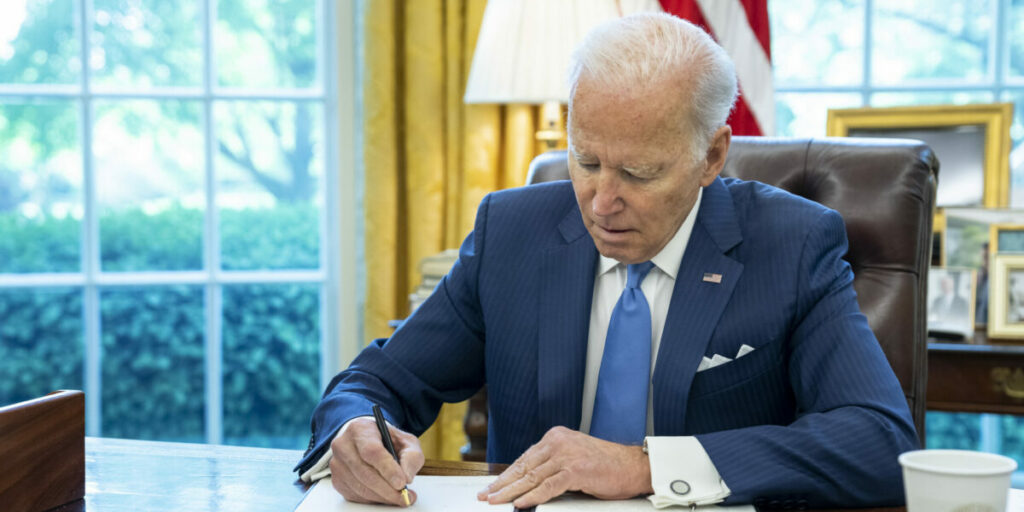In compliance with a law passed earlier this year by the Alabama Legislature, campuses within the University of Alabama System will eliminate all offices and programs that are based on race, gender, sexual orientation, and any other impermissible factors included under the umbrella of Diversity, Equity, and Inclusion (DEI).
Instead, the University will redirect the resources previously allocated to DEI offices and initiatives within the University of Alabama System to comprehensive programs designed to support the success of all students, including those from disadvantaged Alabama communities.
According to campus administrators, these initiatives will enhance access and opportunity by recruiting and retaining students from underprivileged areas, improving connections to academic support services for groups such as veterans, active-duty military, and first-generation college students, and providing targeted educational assistance and mentoring for students from lower-performing high schools and adult learners.
The redirected resources will also ensure that students transition smoothly from rural areas to larger university environments and are well-prepared for high-demand, high-paying jobs, primarily within the state of Alabama.
Describing the shift in resources, University of Alabama President Stuart Bell said, “We will increase access to higher education by intensifying our outreach to prospective students and their families with lower college attendance rates. We will also foster campus-wide initiatives that enhance free speech and civil discourse, provide our students with the skills that prepare them for the global workforce, and educate our students and employees on how to work effectively with individuals from various backgrounds.”
RELATED: UA System, Presidents issue update on Alabama DEI reform implementation
The new law was championed through the Alabama Legislature this year with the unanimous support of Republicans in both chambers, sponsored by State Sen. Will Barfoot (R-Pike Road), State Rep. Ed Oliver (R-Dadeville), and ultimately signed by Governor Ivey at the end of March.
It places several prohibitions into law effective October 1, 2024: State agencies, public schools, state colleges, and universities cannot use taxpayer funds for DEI offices or initiatives. State institutions are also prohibited from directing or compelling a student or employee to affirm, adopt, or adhere to any of the nine divisive concepts defined under the law.
The law explicitly states that it will not prevent students, faculty, organizations, or associations from hosting DEI programs or discussions that may involve divisive concepts—so long as no state funds are used.
Other states across the country are implementing similar measures, most notably Florida, which recently saw its largest public college, the University of Florida, eliminate its office of diversity, instead investing a $5 million DEI earmark into a retirement fund to benefit faculty members.
The implementation at UA System campuses, including the University of Alabama at Birmingham, the University of Alabama in Huntsville, and the University of Alabama’s main campus in Tuscaloosa, will involve a systematic elimination of all DEI offices and programs that are impermissibly based on race, gender, sexual orientation, and other prohibited factors.
RELATED: JSU announces compliance with Alabama law banning state-funded DEI programs
A comprehensive transition will require institutional adjustments, including updating policies, revising web pages, and realigning departmental priorities to comply with the new regulations. This is a meticulous adjustment for the state’s largest employer and educator, the UA System, which currently has 67,000 employees and is responsible for educating 70,000 students.
According to administration, while university-funded DEI programs will be discontinued, private organizations such as student and faculty groups may continue their DEI activities independently, with the university potentially providing support services like security and food to these privately funded events.
“Information related to Alabama Act 2024-34 (formerly SB 129) is available online, and additional details and guidance will be shared in the weeks ahead as we approach the Oct. 1 enforcement date,” Dr. Bell wrote to students, faculty, and staff.
“Website updates and other processes may take time to go into effect. We appreciate The University of Alabama System leadership, including legal and government affairs, and their guidance throughout this process to help ensure our mission of teaching, research, and service remains the priority.
“Differences, including differences of opinion, shared with civility, strengthen our campus community. Our faculty, staff, and students will continue to engage in free speech, exercise academic freedom, and join in wide-ranging thought and discussion on issues that impact our world.”
Alabama Republican lawmakers secured a major victory after a prolonged three-year effort when Governor Kay Ivey signed into law a ban on the teaching of divisive concepts in K-12 education, state colleges and universities, and state agencies. Initially introduced in 2022 as a bill to ban the controversial critical race theory, the legislation evolved into a broader prohibition of diversity, equity, and inclusion (DEI) programs across Alabama’s public institutions.
Grayson Everett is the state and political editor for Yellowhammer News. You can follow him on X @Grayson270













